Workshop list
+ 更多
Workshop list
+ 更多
1. Artificial
intelligence in
communications and
networks
Summary: Nowadays,
with the massive growth of
communication devices and
networks, network management
and optimization are facing
unprecedented challenges.
Not only the
amount of
data is
increasing, but
application requirements are
also becoming more diverse.
Although many advanced
communication technologies and
novel system architectures have
been proposed
to improve system performance
and network capacity,
the increasing complexity makes
management difficult. On
the one
hand, huge
heterogeneous data information
needs to be processed in a
timely manner. On the other
hand, under limited
resource conditions,
it is necessary to optimize the
hardware, time, and energy
overhead of the network. It is a
great
challenge to design
the optimization strategy
based on human intelligence to
properly manage
the complexity of systems
and networks.
Recent advances in artificial
intelligence (AI) technology
have provided a promising
approach to solving complex
problems in network
design and
managements. The
workshop aims to explore
the multifaceted applications of
AI in communications and
networking, recognizing its
potential to revolutionize the
way of design, optimize and
manage network infrastructure.
As communications networks
become more complex, AI becomes
a powerful tool to improve
efficiency, security, and
overall
performance.
Keywords: Energy
efficient,deep learning,
reinforcement learning,
machine learning, edge
computing, edge AI,
Blockchain, computation
offloading, resource
management
Chair: Prof.
Yifei Wei, Beijing
University of Posts and
Telecommunications,
China
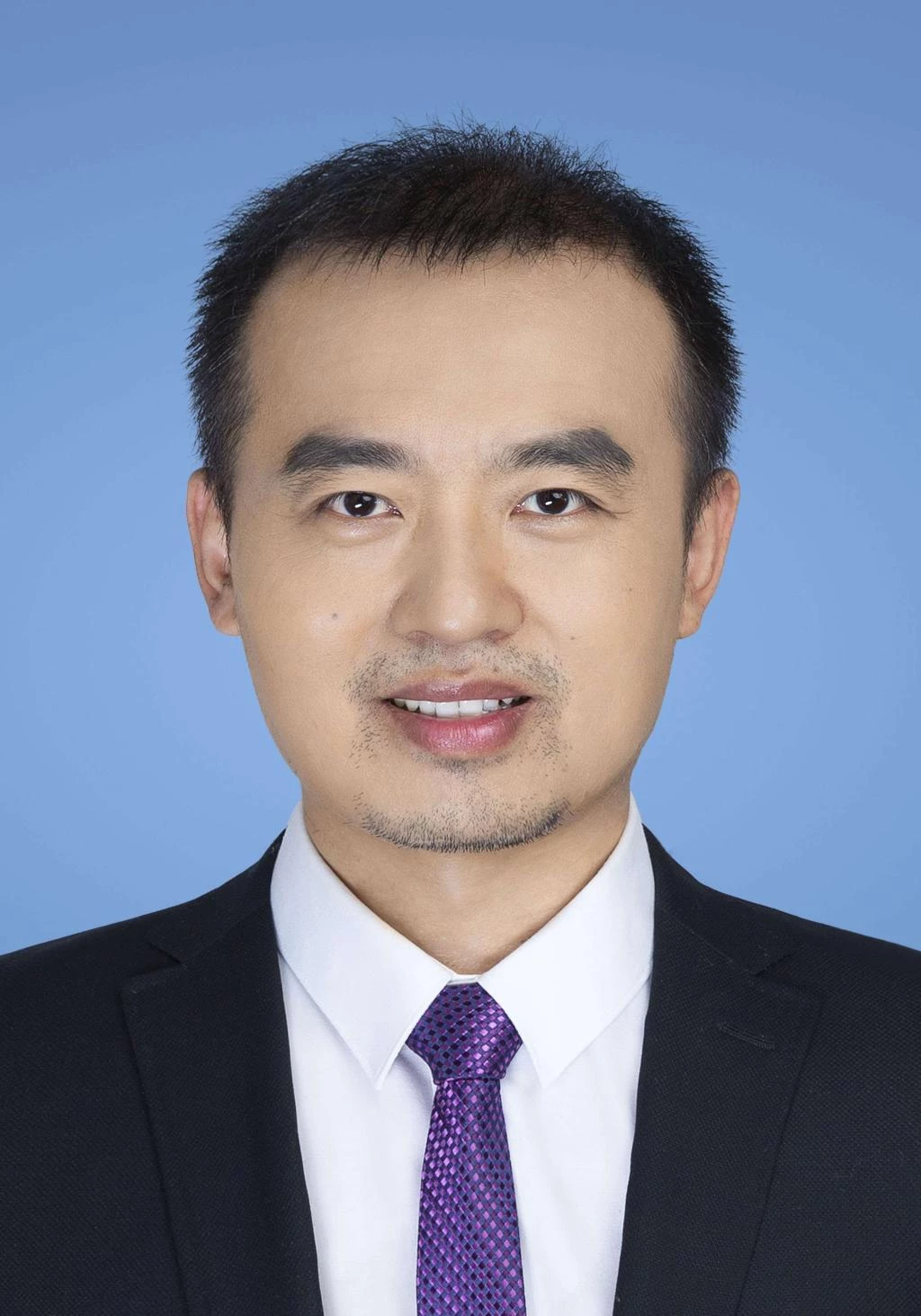
Bio
: Professor
Yifei Wei received the B.Sc.
and Ph.D. degrees in
electronic engineering from
Beijing University of Posts
and Telecommunications
(BUPT, China), in 2004 and
2009, respectively.
He was
a visiting Ph.D.
student in
Carleton University (Canada)
from 2008 to
2009. He was a postdoctoral
research fellow in the Dublin
City University (Ireland) in
2013. He was a visiting scholar
in the University of
Houston (USA) from 2016 to 2017.
He is currently a Professor
in school of electronic
engineering at BUPT. His
current research interests
are in energy-efficient
networking, heterogeneous
resource management, machine
learning, and edge computing. He
has served
as symposium chair or Technical
Program Committee members of
numerous
conferences.
2. Wearable
sensors and
bioelectronics
Summary: Wearable
sensors and bioelectronics
are garnering substantial
interest due to their
ability to provide
continuous, real-time
physiological information
monitoring early detection
of diseases. These wearable
devices can be worn in the
forms of wristwatches,
fitness bands, bandages,
masks, skin patches, and
e-textiles. Emerging classes
of skin-interfaced
bioelectronics offer
powerful capabilities for
continuous analysis of
biochemical signals from
biofluids, such as sweat,
tears, and saliva. Although
wearable sensors and
bioelectronics hold promise,
a better understanding of
the correlations between
sensor signals and real body
fitness is needed to improve
reliability. Moreover,
next-generation wearable
sensors and bioelectronics
that enable the multimodal
and/or multiplexed
measurement of physiological
parameters in real time and
intelligent could be a
transformative technology.
This workshop aims to serve
as a platform for renowned
experts in wearable sensors
and bioelectronics to come
together and exchange
invaluable insights and
knowledge regarding the
latest advancements in
cutting-edge wearable
technologies. Through this
collaborative effort, the
workshop strives to drive
the development and
implementation of
transformative wearable
solutions in wearable
electronics for healthcare
industry.
Keywords: Printed
electronics, wearable
sensors, flexible sensors,
biosensors, healthcare
monitoring
Chair: Assoc.
Prof.
Pei
He, Central South
University,
China
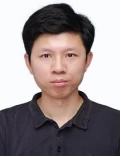
Bio : Dr. Pei He received his B.S. degree from Xidian Univeristy in 2009 and M.E. degree from Shanghai Jiao Tong University in 2012 and Ph.D degree from University of Manchester in 2017. He was working as a postdoctoral in National Graphene Institute, University of Manchester from 2016 to 2017. He is currently an Associate Professor with the School of Electronic Information, Central South University, China. His research interests include wearable sensor devices, flexible printed electronics and system integration.
Chair: Assoc.
Prof.
Wei
Tang, Shanghai Jiao Tong
University,
China
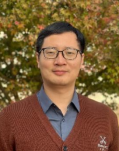
Bio
: Dr.
Wei Tang received his Ph.D.
degrees in electronic
engineering from Shanghai Jiao
Tong University, China in 2017.
He became a Lecturer at the
Department of Electronic
Engineering at Shanghai Jiao
Tong University in 2017 and was
promoted to Associate Professor
in 2023. He was a Research
Associate (2019–2020) at The
Hong Kong Polytechnic
University, Hong Kong, China. He
has research interests in
thin-film transistors,
bioelectronics, and displays. He
has published over 60 papers
with a Google h-index of
23.
3. Micro-electromechanical
systems in electronics and
communications
Summary: The
recent interests in
developing
micro-electromechanical
systems (MEMS) have given
rise to an excellent
platform for both scientific
research and industry.
Typically, MEMS represents a
technology that integrates
miniaturized mechanical and
electromechanical components
(i.e., sensors and
actuators) which are made by
microfabricating process.
Advancement in fields
ranging from consumer
electronics to optical
communications during past
years is now yielding MEMS
devices with higher
performance (e.g., lower
power consumption, higher
sensitivity, higher
integration associated with
both the integrated circuits
and the photonic circuits).
The workshop will explore
not only advances among the
technology pathways but also
including system-level
solutions (e.g., design,
fabrication, integration and
application) of
MEMS.
Keywords: MEMS,
sensor, actuator,
electronics,
communications
Chair: Assoc.
Prof.
Chenguang
Xin, North University of
China,
China
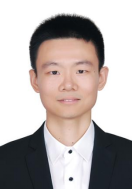
Bio : Dr. Xin got his PhD degree of optical engineering in Zhejiang University, and now is an associate professor in School of Instrument and Electronics, North University of China. He is also the director of Research Center of Silicon-based Photonics. The research interests include: 1) high-precision motion sensors based on micro-/nanogratings; 2) nanowire-based hybrid integrated nanophotonic devices. He has published around 20 papers in journals including Nano Letters、Optics Express、Crystal Growth&Design, and more than 10 China national invention patents. In past years, he has been working as reviewer for journals including Optics Letters、Optics Express、Remote Sensing and Sensors. He is also an advisor of Micromachines, and an editor of Journal of Measurement Science and Instrumentation.
Chair:
Dr.Yanru
Zhou, North University
of China,
China
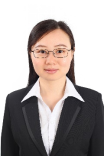
Bio : Dr. Zhou got her PhD degree of measurement technology and instruments in Zhejiang University, and now is a lecturer in School of Information and Communication Engineering, North University of China. The research interests include: 1) microcavity optical sensing; 2) optical inertial sensing. She has published more than 10 papers in journals including Scientific reports、Chinese optics letters、Crystal Growth&Design, and more than 30 China national invention patents.
